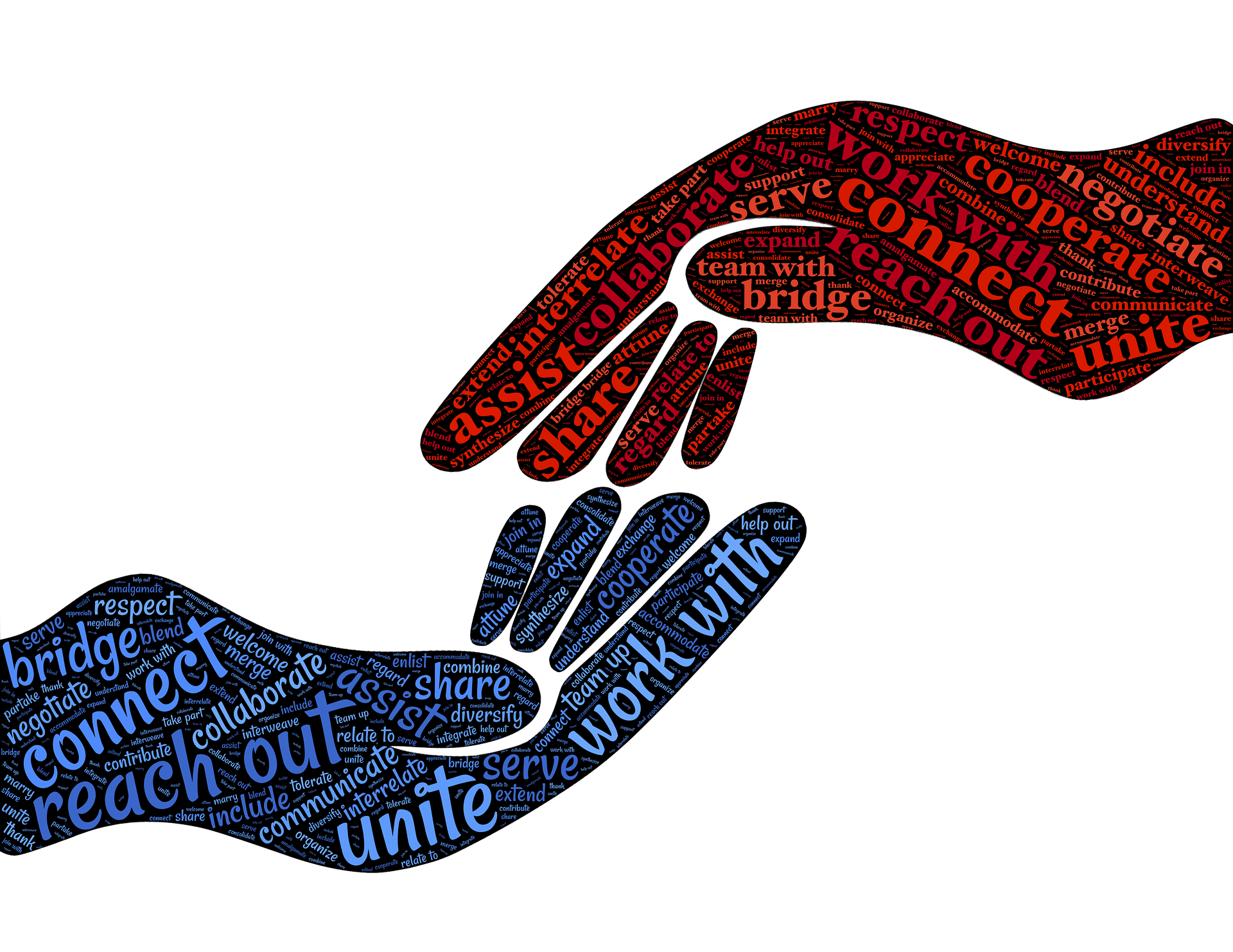We may wonder why we lost an important business deal or contract, even though our products are very competitive. It might be the most minor of details that has been overlooked. Our employees are well trained, educated and know our product, but more often not in personal image training. If you fail to present yourself well, it might create a poor first impression of the company you are representing. Your non-verbal communication skills have more impact on a person and company, than the information you are giving. Remember it takes just a few seconds to have a first impression.
Dress for the occasion
We must look at our goal and reason. If you work in a creative company, boring clothing might not be applicable. Wearing black is not very approachable and should be avoided when working in a service industry. If you like to show trust and reliability, clean and sober business attire is the best. The right dress code might differ in situations. Especially when going abroad, a more formal dress code will suit the occasion and be required.
Etiquette
Etiquette rules are important as it shows respect towards the other individual.
You create a great personal image in any business or social situation when you know what is appropriate. Awareness that social and business etiquette are not the same, is a must.
Business etiquette is based on gender, roles and occasions.
Communication
You have heard it many times. It is not what you say, but how you say something. Spoken words count for only for 7% of your message. The most important part of the message is your soft skills and voice. It is not only during your face to face meeting with someone, but also your written language. How often do you use an exclamation mark or forget the normal polite greetings?
Cultural awareness
What might be normal and custom in your office or country, might be opposite in another.
A firm handshake or making direct eye contact might be offensive to a foreign colleague or client. Be informed, be flexible, be sensitive and count to 10 before you speak. A mistake is quickly made and you cannot take it back.

